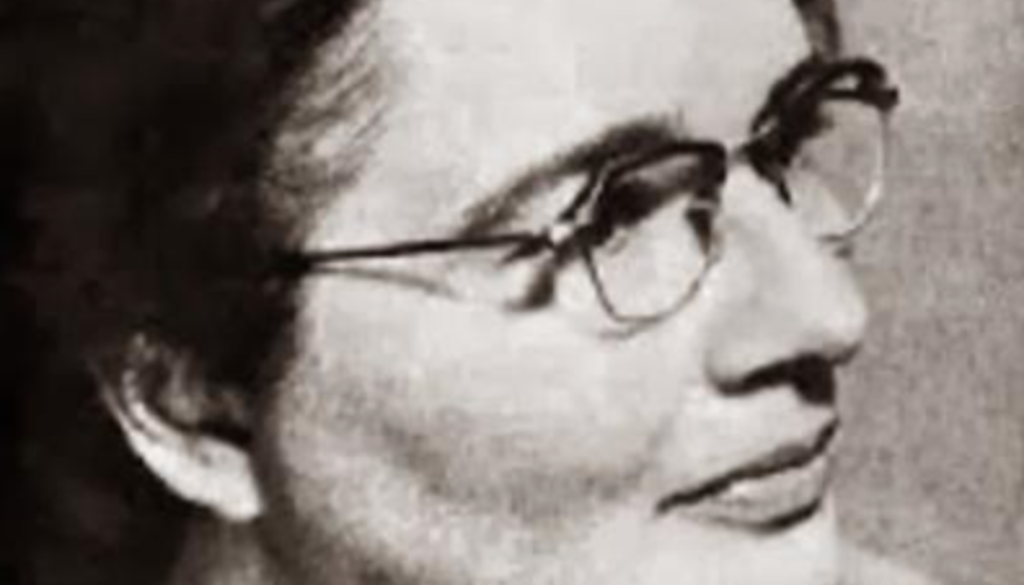Marjorie Spock
1904 - 2008
Marjorie Spock (September 8, 1904, New Haven, Connecticut – January 23, 2008, Sullivan, Maine) was an environmentalist, author and poet, best known for her influence on Rachel Carson when the latter was writing Silent Spring. Spock was also a noted Waldorf teacher, eurythmist, biodynamic gardener and anthroposophist.
She was the second child and the first daughter of six children. Her older brother was Benjamin Spock, the world-renowned pediatrician and author of The Common Sense Book of Baby and Child Care.
In the late 1950s, Marjorie Spock was a biodynamic gardener on Long Island, New York along with her friend Mary Richards, a digestive invalid with what is referred to as Multiple Chemical Sensitivity, who required a diet of organic and fresh produce.
In the summer of 1957 the state and federal government began a massive aerial spraying over three million hectares of the Northeast, including Spock and Richards’s land, with DDT mixed with fuel oil at least fourteen times a day in an attempt to eradicate the Gypsy Moth Disease.
With their crops, soil and livestock destroyed, Spock and Richards joined a pending application for an injunction to stop the US government from aerial spraying with a group of eleven other Long Island plaintiffs, including Robert Cushman Murphy. The initial attempt to hire a lawyer was difficult, as they were often denied on the ground that it was impossible to “win [a case] against the government”. However they eventually hired a local attorney who was interested in their devotion to biodynamic farming. Their initial injunction was denied, with the judge claiming the evidence provided did not demonstrate the dangers of DDT. The plaintiffs then brought a lawsuit to the US Federal Court in Brooklyn NY, after amassing more data and expert witnesses. Beginning on February 10, 1958, the suit was brought against the United States Government attempting to permanently halt the federal and state government form spraying their properties, and for damages. For Spock, the concern was for people’s health and the constitutional right for a property owner to manage her land free of government infringement.
The federal judge dismissed 72 uncontested admissions for the plaintiffs and denied their petition. After three years of exhausting all legal appeals the case reached the U.S. Supreme Court in 1960, however it was declined on a technicality. The plaintiffs lost the case but won the right to enjoin the government, prior to a potentially destructive environmental activity, to provide a full scientific review of the proposed action. With this right to environmental review, Spock helped give rise to the environmental movement. This case is often cited as the first modern environmental case brought by citizens.
Throughout the three-year process, Spock wrote daily reports on the trials, and sent them to interested and influential friends of the case’s progress. Rachel Carson heard of Spock’s case and soon got the daily reports. Carson used the testimony from the experts that Spock had found in her own research.Spock’s case, along with a massive bird kill on Cape Cod, provided the impetus for Carson’s book, Silent Spring, which is often noted for its role as a catalyst for the congressional hearings which banned the use of DDT in the United States.
